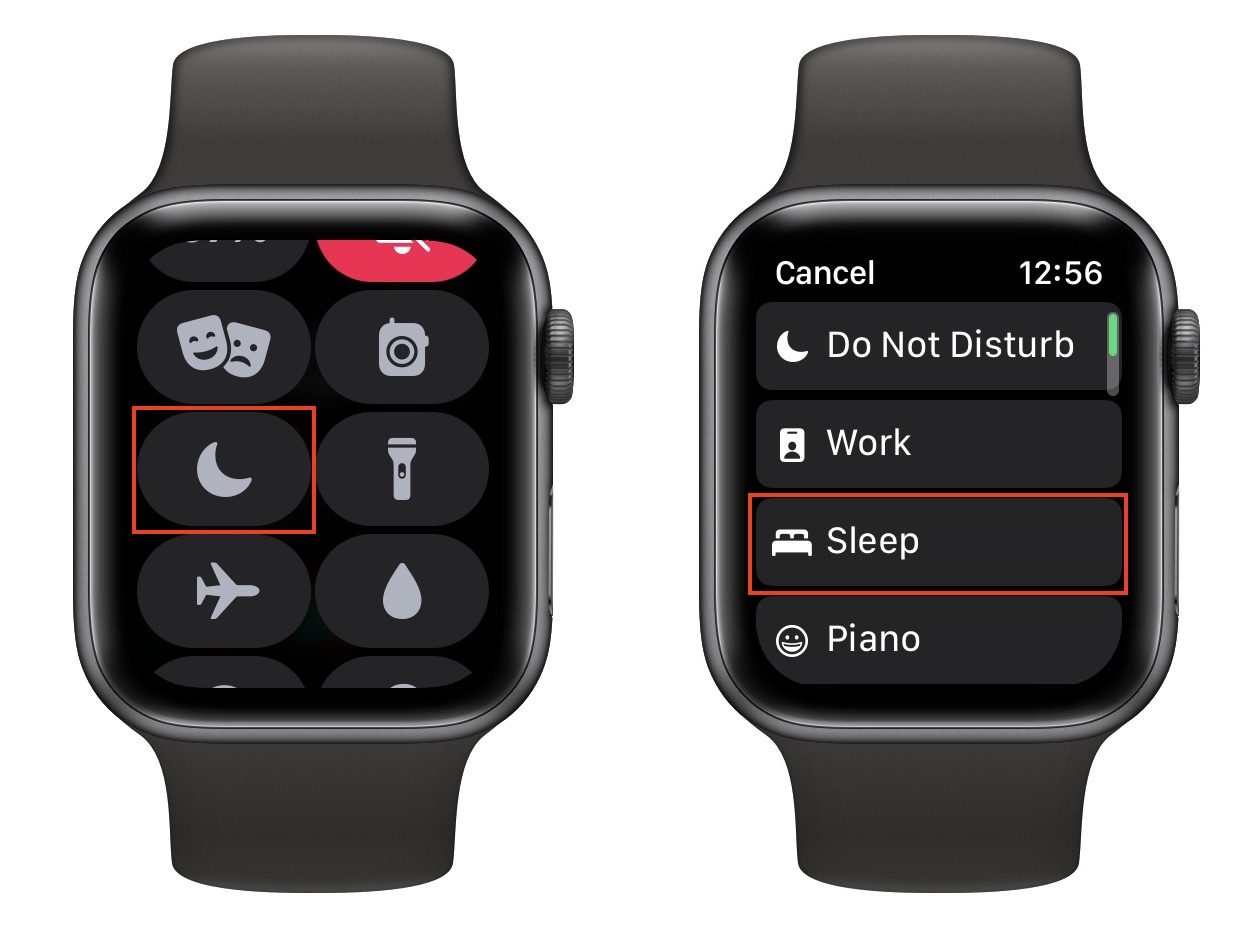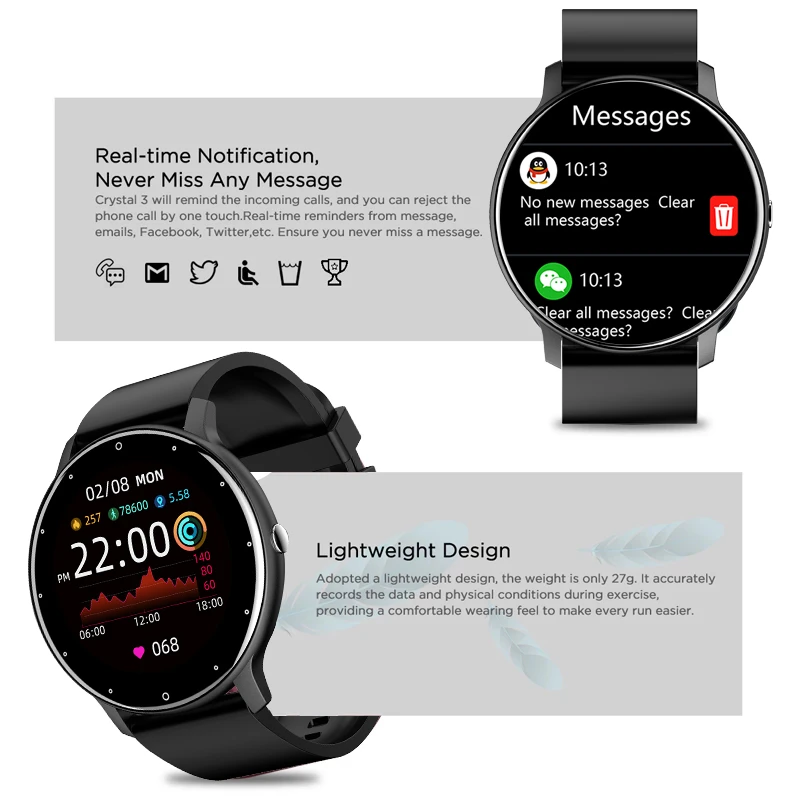Are you one of the millions of users relying on the Fitness App on your iPhone to track your workout progress? Have you ever questioned the accuracy of the data it provides? In today’s digital age, where technology plays a vital role in our daily fitness routines, understanding the reliability of these apps is crucial. This blog dives deep into the question: How accurate is the fitness app on iPhone? We will uncover the truth behind the numbers and statistics that shape your workout data, helping you make informed decisions about your health and fitness goals. Let’s explore the reality behind the technology that powers your fitness journey.
Introduction to Fitness Apps on iPhone
Fitness apps on the iPhone have revolutionized the way we track, monitor, and improve our health and fitness goals. With the advancement in technology and the widespread use of smartphones, these apps have become an integral part of our daily routines. Whether you’re looking to count your steps, log your workout sessions, monitor your heart rate, or track your calorie intake, there’s an app for every fitness need on the iPhone.

The Evolution of Fitness Apps
Over the years, fitness apps on the iPhone have evolved from basic step counters to comprehensive health and wellness platforms. They now offer features such as customizable workout plans, nutrition tracking, sleep monitoring, and even virtual personal trainers.
Accuracy of Fitness Data
One common question that users have is how accurate is the fitness app on iPhone? The accuracy of fitness data recorded by these apps can vary based on factors like the type of exercises performed, the sensors in the iPhone, and the app’s algorithm for data processing.
- Step Counting: The iPhone’s built-in motion coprocessor provides accurate step counting data for most activities.
- Heart Rate Monitoring: While the iPhone’s built-in heart rate sensor is generally reliable, it may not be as accurate during high-intensity workouts.
- Calorie Tracking: Calorie tracking accuracy depends on the user input for activities and food consumption, as well as the app’s database.
Understanding Accuracy in Fitness Tracking
Fitness tracking has become an essential part of monitoring one’s physical activity and overall health. When it comes to the accuracy of fitness apps on iPhones, users often wonder how accurate is the fitness app on iPhone in tracking their workout data.
The Role of Sensors and Data Collection
Modern fitness apps rely on a combination of sensors, including accelerometers, gyroscopes, and GPS, to track various metrics such as steps taken, distance covered, and calories burned. These sensors work together to provide users with real-time data on their physical activities.
Additionally, apps utilize sophisticated algorithms to analyze the collected data and provide users with comprehensive insights into their workouts.
Factors Affecting Accuracy
While fitness apps strive to provide accurate data, there are several factors that can impact their reliability. Factors such as device placement, user behavior, and environmental conditions can all influence the accuracy of the data captured.
- Device Placement: Placing the iPhone securely and correctly on your body can enhance data accuracy.
- User Behavior: Consistent user input and tracking can help improve the reliability of the data.
- Environmental Conditions: Factors like weather and GPS signal strength can affect the accuracy of GPS-based tracking.

Factors Influencing Accuracy of Fitness Apps
When evaluating the accuracy of fitness apps, several factors come into play that can affect the reliability of the data provided. One of the key factors is the quality of sensors integrated into the smartphone itself, which directly impacts the app’s ability to track movement and monitor vital signs accurately.
Calibration
Proper calibration of the fitness app is crucial for accurate readings. Users need to input their personal information such as height, weight, and age correctly for the app to provide precise data.
Data Processing Algorithms
The complexity of data processing algorithms used by fitness apps can also influence accuracy. Apps that utilize advanced algorithms tend to offer more reliable results compared to those using basic calculations.
Comparison with Other Tracking Devices
When evaluating the accuracy of the fitness app on an iPhone, it is essential to consider how it stacks up against other tracking devices in the market. With advancements in technology and the growing demand for fitness solutions, numerous tracking devices claim to offer precise workout data. The key lies in understanding the features, sensors, and algorithms employed by these devices to provide accurate readings.
Accuracy Comparison
While the fitness app on an iPhone leverages its built-in sensors and algorithms to track your activity, it may not always match the accuracy of specialized fitness trackers or smartwatches. Devices like Fitbit or Garmin, known for their precise tracking capabilities, utilize a combination of sensors such as GPS, heart rate monitors, and accelerometers to provide comprehensive data.
However, the iPhone’s fitness app can still offer valuable insights and data for casual users or individuals looking for general activity tracking without the need for advanced metrics.
Feature Variability
One significant aspect to consider in the comparison is the range of features offered by different tracking devices. While the iPhone’s app may provide basic activity tracking, other devices might offer additional functionalities like sleep tracking, guided workouts, and specialized sport modes tailored to different activities.
Users should assess their specific needs and preferences to determine which tracking device aligns best with their fitness goals and lifestyle.

Real-Life User Experiences and Reviews
Curious about how accurate the fitness app on iPhone really is? Let’s delve into real-life user experiences and reviews to uncover the truth behind your workout data.
Accordance with Actual Performance
Users have reported mixed reviews regarding the accuracy of the fitness app on iPhone in the current year. Some mention that the app provides precise data, aligning perfectly with their actual performance during workouts.
Conversely, others highlight discrepancies, indicating that certain metrics may not always reflect their true activity levels.
Impact on Motivation Levels
The app’s accuracy plays a pivotal role in motivating users to achieve their fitness goals. When users perceive the data as reliable, it boosts their confidence and drives them to push harder.
- Positive reinforcement through accurate tracking can enhance dedication to workout routines.
- On the other hand, inaccuracies might dampen spirits and lead to frustration.
Tips for Improving Data Accuracy
Ensuring the accuracy of data recorded by your fitness app is crucial for tracking your progress effectively. Here are some tips to help you improve data accuracy:
1. Calibrate Your Device Regularly
For how accurate is the fitness app on iPhone, calibrating your device regularly can enhance the precision of measurements. Make sure to follow the calibration instructions provided by the app to ensure accurate data recording.
2. Enable Location Services
Enabling location services on your iPhone can enhance the accuracy of GPS-based data such as distance covered during outdoor activities. This can provide more precise information on your workout sessions.
3. Update App and iOS Version
Keeping your fitness app and iOS version up to date is essential to maintain accuracy. Developers often release updates to improve performance and accuracy, so regularly check for updates.
Frequently Asked Questions
- How accurate is the fitness app on iPhone?
- The accuracy of the fitness app on iPhone can vary depending on the specific app in use and the metrics being tracked. Generally, iPhone fitness apps utilize built-in sensors like accelerometers and GPS to track movement and location, which can provide fairly accurate data for activities such as steps taken and distance covered.
- What are the factors that can impact the accuracy of fitness apps on iPhone?
- Factors that can impact the accuracy of fitness apps on iPhone include the quality of sensors in the iPhone model, how the app interprets and processes data, user behavior during workouts, connectivity issues, and potential software bugs.
- Can the iPhone fitness app accurately track different types of workouts?
- While the iPhone fitness app can provide decent accuracy for activities like running, walking, and cycling which rely on GPS and motion sensors, it may not be as accurate for activities that involve stationary movements or weightlifting. Dedicated fitness tracking devices may be more suitable in such cases.
- Are there ways to enhance the accuracy of the fitness app on iPhone?
- To enhance the accuracy of the fitness app on iPhone, users can ensure their iPhone’s sensors are functioning properly, calibrate the app if necessary, carry the phone securely during workouts, maintain a strong GPS signal, and regularly update the app software for any bug fixes.
- Should the data from iPhone fitness apps be relied upon for precise measurements?
- While iPhone fitness apps can provide valuable insights and trends for personal fitness tracking, they may not always be as precise as dedicated fitness tracking devices or professional sports equipment. Users should consider the limitations of the app and use the data as a general guide rather than absolute measurements.
Unlocking the Mystery: How Accurate is the Fitness App on iPhone
As we delved into the world of fitness apps on iPhone, we uncovered both the strengths and limitations of tracking your workout data. While these apps provide a convenient way to monitor your progress and stay motivated, their accuracy may vary depending on various factors such as the type of activity and device calibration.
It’s essential to approach the data provided by these apps with a critical eye and supplement it with other tools like wearables or manual tracking to get a more comprehensive picture of your fitness journey. Remember, the key lies in consistency and using these tools as aids rather than absolute indicators of your performance.
Ultimately, the accuracy of the fitness app on iPhone is a blend of technology and personal effort. By understanding its limitations and making informed choices, you can maximize the benefits of these apps in your quest for a healthier, fitter you.



